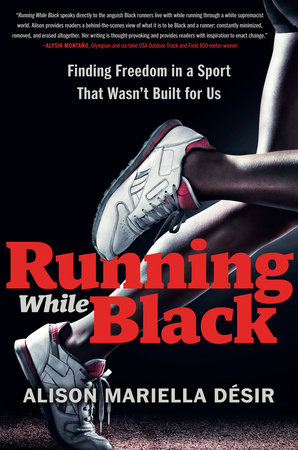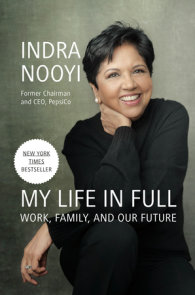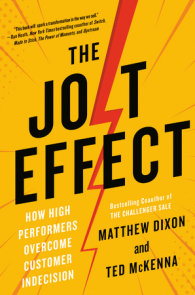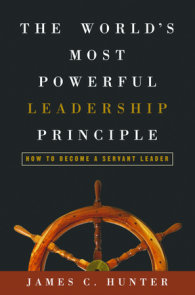READERS GUIDE
1. In the introduction, Alison gives readers insight into her fears and considerations as she prepares for a run. How do you assess your own risks before and during a run and how might they differ from Alison’s risk analysis?2. In chapter 1, Alison talks about a refrain that she says is common among Black folks: “I don’t go there/do that, that’s white people’s shit”. For some Black people, that may be swimming or, in the case of the author’s story, marathoning. Think of one activity or place you frequently enjoy that now seems exclusive and not eagerly welcoming to diverse participants. Talk about why it’s exclusive and what steps you can take to make that space more welcoming.
3. In chapter 2, the author explains that her parents taught her about Black history that wasn’t often, if ever, found in textbooks. Did you already know how the Haitian Revolution resulted in the Louisiana Purchase? If not, are you now questioning your understanding of history? Where might you seek answers to your questions?
4. Alison talks about kids in her school believing negative stereotypes about Haitian and Colombian people. What stereotypes have you found yourself holding onto? Where do you think these ideas came from? And what actionable steps can you take to dispel them?
5. In chapter 6, Alison highlights that while white people were starting run clubs, Black people were still fighting for their right to education, sit in a restaurant, worship peacefully in churches. What a striking connection. Can you describe what freedom means to you?
6. In chapter 7, Alison discusses the ways in which she tried, failed, and tried again to build the running community she wanted to see. What are some ways that you build your own multicultural community and what makes such communities successful?
7. In Chapter 8, Alison questions to what extent are individual white people responsible for upholding white supremacy if they, too, are ingesting and internalizing the same messages. What do you think?
8. In chapter 12, Alison discovers the history of Ted Corbitt , Marilyn Bevans, and the New York Pioneer Club. Were you surprised to learn Black people had helped build the foundation for long distance running? Why do you think this history is so little known? What do you think the tellers of history have to gain in hiding the sport’s Black history?
9. In chapter 13, Alison writes, “I thought of how white people see Black people and think ‘hoodlums,’ and how I see white men and register ‘vigilantes.’ The difference is prejudice plus power versus stereotyping and no power.” Do you understand this distinction regarding institutional power? Explain why or why not while framing what power means to you.
10. In chapter 15, when talking about the country’s maintenance of racially distinct spatial territories, Alison asks, should you (or should Ahmaud Arbery have) choose safety or exploration? How would you answer this and what is the specific cost of choosing safety over exploration?
11. In chapter 19, Alison outlines the ways in which organizations fail at DEI, i.e. thinking hiring more black people alone will solve the problem, expecting a single black board member to solve the problem, and creating a specific DEI function that’s separate from other business goals. What are failures that you’ve seen and what might organizations do to be more successful?
12. Earlier in the book, Alison mentioned that movement, protest, running, and community were her aim—her principles. Having learned the history of trailblazing Black runners; the connection between housing, air quality, and accessibility; and all that Black runners have to contend with before, during, and after a run, how do you understand your own relationship to these principles?
13. After rereading the Mitchell S. Jackson quote at the beginning of the book, do you believe running is fool’s gold for Black folks? Why or why not?






















